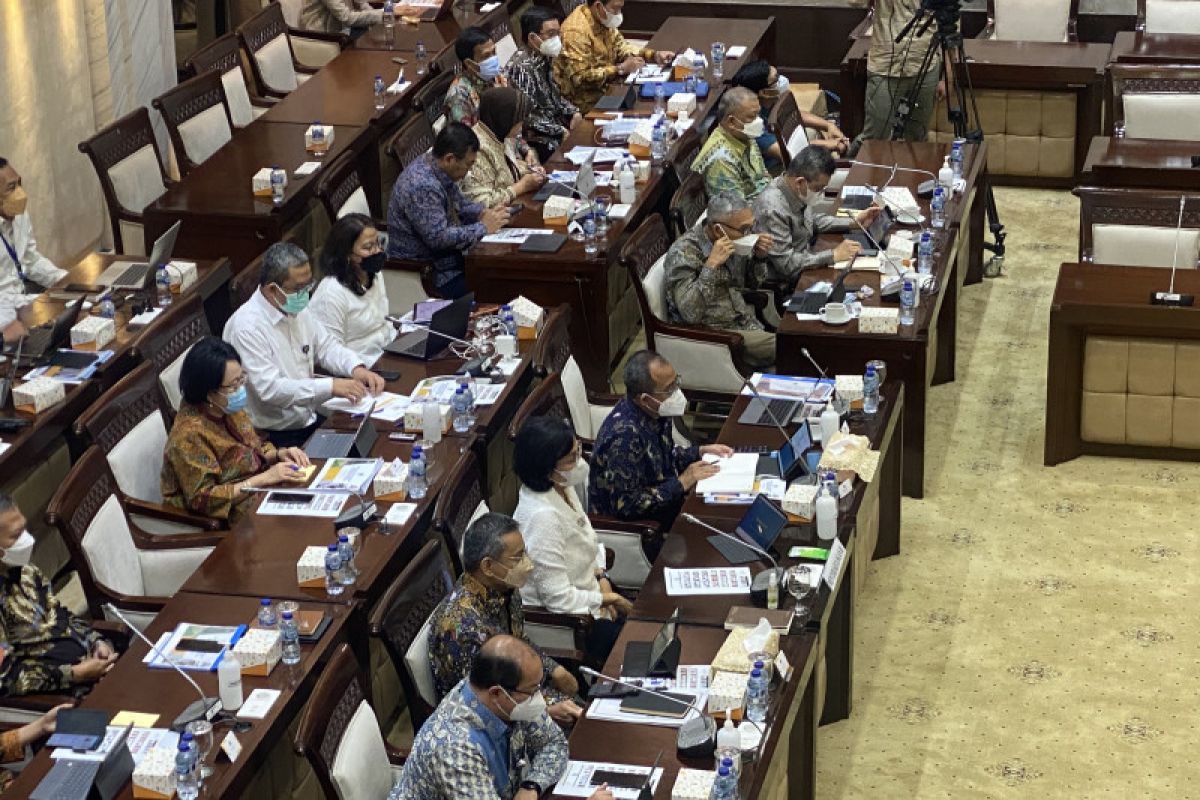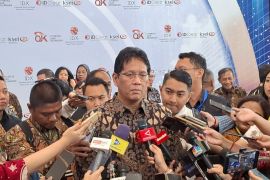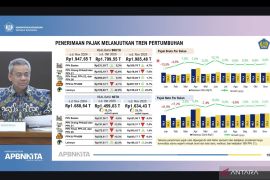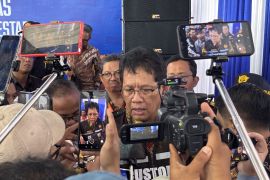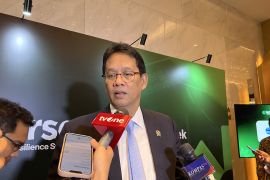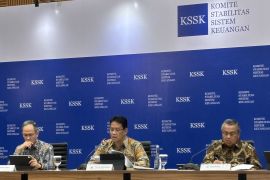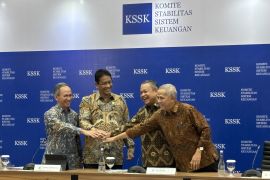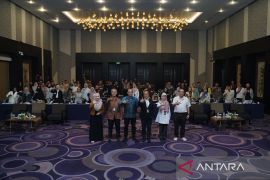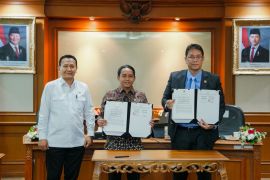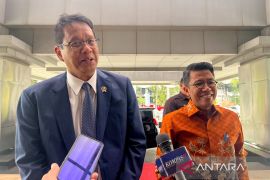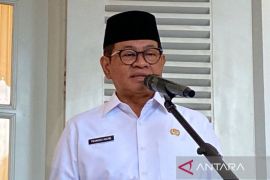The pandemic has made us transform faster. So this new way of working has now become the standard that we employ.Jakarta (ANTARA) - The adoption of new work patterns during the COVID-19 pandemic has boosted the efficiency of the Finance Ministry’s budget, including in 2022, according to Finance Minister Sri Mulyani Indrawati.
“The pandemic has made us transform faster. So this new way of working has now become the standard that we employ," she said during a meeting with Commission XI of the House of Representatives here on Monday.
New Ways of Working (NWOW) was one of the adaptations of the new work pattern at the Finance Ministry, under which employees could work more flexibly while maintaining their performance and carrying out tasks through several policy implementations.
The policy covered hybrid work, activity-based workplaces, co-working spaces, and satellite offices.
The minister said that these new work patterns helped promote better spending at the Finance Ministry, such as enabling a saving of Rp618.81 billion due to a decrease in bureaucratic spending in the 2022 fiscal year compared to 2019, that is, before the pandemic.
The adoption of online and hybrid meetings, in which foods and drinks did not need to be served, led to a saving of Rp161.7 billion.
Furthermore, the use of electronic official documents also created a budget efficiency of up to Rp132.72 billion since no office stationery and supplies had to be bought.
In addition, the consolidation policy for laptop procurement at the National Public Procurement Agency resulted in a budget efficiency of Rp140.83 billion.
“In the past, each unit, director, or department bought their own laptops, so that the laptops (came in a variety of styles just like) nano-nano (candies): many colors, and brands, and software. Now, it's more (uniform)," she said.
Next, the implementation of futuristic workspaces in the form of activity-based workplaces, satellite offices, flexible working spaces, and flexible working arrangements led to a decline in office rental allocation, resulting in an efficiency of Rp14.35 billion.
The implementation of a centralized salary shared service, or the centralized payment of personnel expenditures, helped the ministry save as much as Rp9.46 billion.
“In the past, each Echelon I unit paid salaries and caused personnel expenses of more than 500 employees. That's just dealing with salaries. This is now down to only 25 employees," Indrawati said.
The use of collaborative tools or work support applications in a centralized, collaborative manner led to Rp290 billion in efficiency, which came from the difference between the contract price and the price published by the National Public Procurement Agency.
“In the past, official documents had to (be shifted, sent) to various stakeholders because they had to be consulted about. Now, they can be done with tools. We work together with one official document very efficiently,” she added.
Related news: Trend shows potential for reduction in 2023 economic growth target
Related news: 2023 state budget formulated with optimism, caution: Minister
Translator: Mecca Yumna Ning Prisie
Editor: Rahmad Nasution
Copyright © ANTARA 2022
